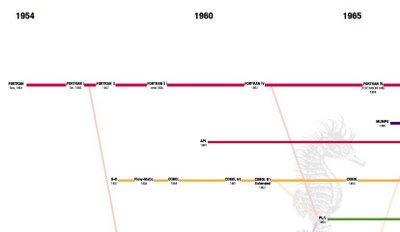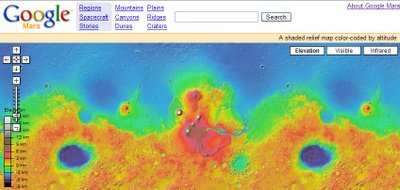Google found
ten things to be true. Unfortunately not for their company.
1. Focus on the user and all else will follow.
Not if the user
loses his Gmail account.
2. It's best to do one thing really, really well.
It may be the best thing, but Google does search, Gmail, Google Talk, Analytics, Google Earth, Blogger, Page Creator, Google Reader and many more.
3. Fast is better than slow.
True, but Blogger is slow very often, Google Reader doesn't load at times and Analytics keeps slowing webpages load.
4. Democracy on the web works.
Except for
China.
5. You don't need to be at your desk to need an answer.
That doesn't mean Google is able to give answers. Try: "Latest album from Aimee Mann"
6. You can make money without doing evil.
Yes, but what if you make money selling ads to low-quality products?
7. There's always more information out there.
Yes, there are audios, videos, IRC conversations...
8. The need for information crosses all borders.
All borders, except for
China.
9. You can be serious without a suit.
But what if face lawsuits for
patent infringement and
click-fraud?
10. Great just isn't good enough.
Yeah, we should continue indexing deleted files in Google Desktop.
 Google and Nike launched Joga, an invitation-only social network for football enthusiasts. “Joga bonito” means “play beautiful” in Portuguese
Google and Nike launched Joga, an invitation-only social network for football enthusiasts. “Joga bonito” means “play beautiful” in Portuguese







